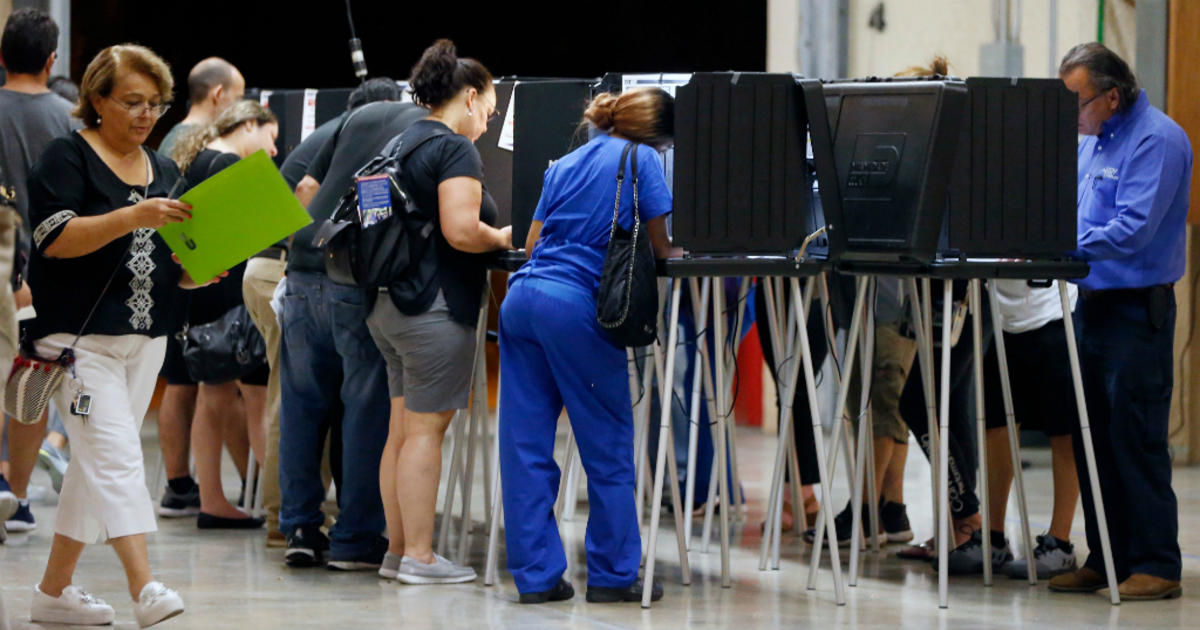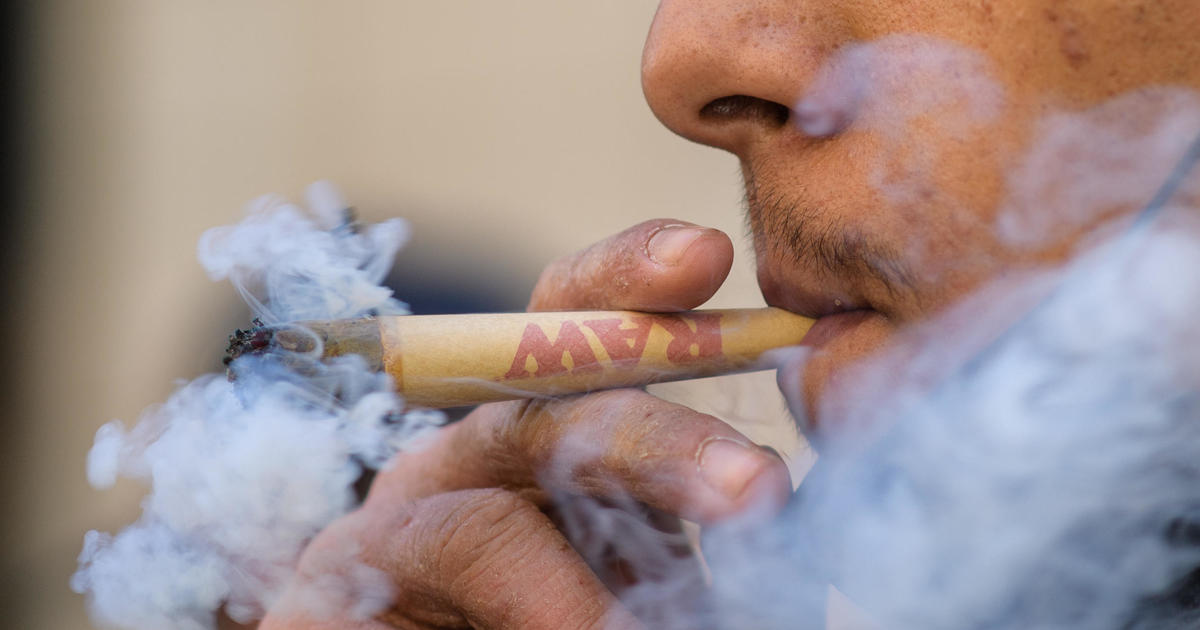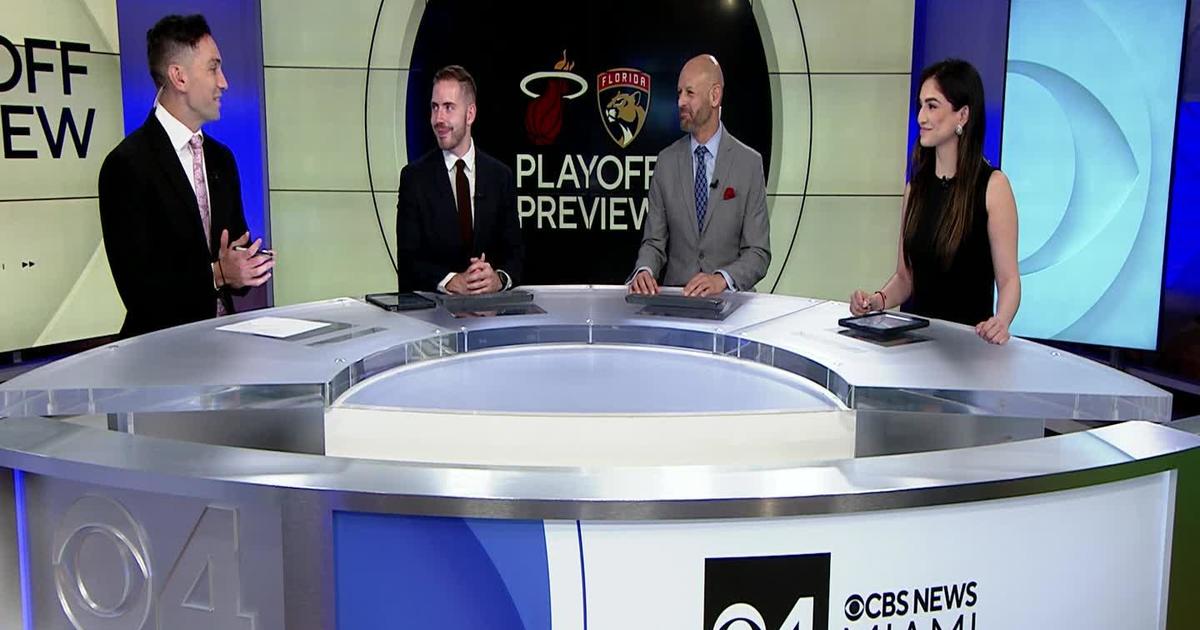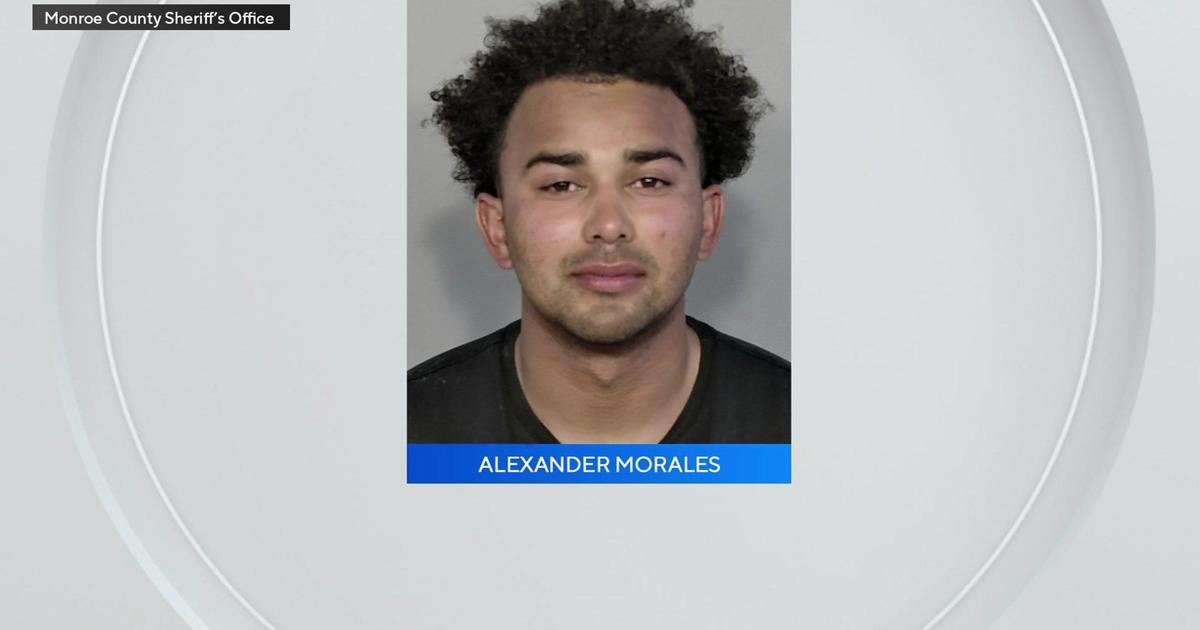Medical Marijuana Initiative Fails & Other Constitutional Amendments
Follow CBSMIAMI.COM: Facebook | Twitter
MIAMI (CBSMiami/AP) — Medical marijuana in the state of Florida will not become legal this election year. Florida voters have rejected the sale and distribution of medical marijuana in the state.
As of 11 p.m., 57.5 percent of voters backed the proposed amendment --- known as Amendment 2 --- that would have allowed patients to receive the substance. But constitutional amendments require approval from 60 percent of voters to pass.
The campaign for medical marijuana was among the most expensive ballot measures in the country, with millions spent on both sides.
Amendment 2 was supported by Democrat Charlie Crist and opposed by Republican Rick Scott, though neither candidate has made the issue a campaign centerpiece.
Under Amendment 2, to obtain medical marijuana, patients would have to get a doctor's certification of their condition, which in turn would qualify them for a patient ID card they could use at licensed dispensaries.
State lawmakers passed a narrow medical marijuana law earlier this year to allow low-potency strains of the drug for certain patients.
But supporters of Amendment 2 argued a broader law was necessary to make medical marijuana available to people representing a broader group of illnesses.
Opponents prevailed with warnings the amendment was too loosely worded and would result in a system where marijuana was medical in name only.
CLICK HERE To Watch Oralia Ortega's Report
Seth Hyman spent part of his day at the polling center at Florida Atlantic University in hopes of swaying undecided voters to vote "yes" on Amendment 2.
His eight-year-old daughter Rebecca Hyman suffers from a genetic disorder that causes seizures. Hyman believes medical marijuana could help her condition.
"She turns blue almost every day. She stops breathing. It's gut-wrenching to see your daughter you love suffer and the way she looks at us as if we're not doing anything for her," said Hyman.
The medical-marijuana initiative was spearheaded by Orlando attorney John Morgan, who is known throughout the state for his ubiquitous Morgan and Morgan law-firm television ads and billboards.
In July, a Quinnipiac University poll indicated that 88 percent of Floridians --- across all age groups --- approved of medical marijuana. But support for the proposed amendment later dropped as it was hit with millions of dollars in television ads and opposition from sheriffs, Republican leaders and business groups.
Opponents said the amendment included loopholes that would lead to a wide-open pot industry that would go far beyond helping patients who suffer from debilitating illnesses. The anti-Amendment 2 effort got crucial help from Las Vegas casino magnate Sheldon Adelson, who contributed $5.5 million to the Drug Free Florida political committee, which ran ads blasting the proposal.
"Too broad. Too many risks. Vote no on Amendment 2," said an ad released last week.
But United for Care, a group that led the amendment campaign, said the attacks were aimed at scaring voters and were untrue.
The pot proposal was one of three constitutional amendments on the ballot Tuesday.
Floridians also decided to dedicate billions of dollars to conservation efforts and let the incoming governor fill three expected vacancies on the state Supreme Court in 2019.
Amendment 1 dedicates $18 billion in existing real estate taxes to environmental protection over the next two decades. About half the revenue would go to buy nearly 2 million acres of undeveloped land.
Florida voters have approved Amendment 1. With over half the expected vote counted, the amendment had 77 percent approval, well over the 60 percent needed to pass.
Supporters argued the measure is necessary because lawmakers in recent years dramatically reduced funding for the Florida Forever conservation program. Republican legislative leaders, however, argued against the amendment because it would force lawmakers to set aside a pot of money every year for conservation and give them less flexibility in how to spend tax dollars.
Amendment 3 is complicated, but it boiled down to whether the outgoing or incoming governor would fill three expected vacancies on the state Supreme Court.
Florida voters rejected Amendment 3. With over half the expected vote counted, the amendment had only 48 percent approval, well short of the 60 percent needed to pass.
The amendment's failure means the governor taking office in January 2019 will appoint the three new Supreme Court justices who are retiring due to age limits the same year.
The amendment was added to the ballot by the Republican-led Legislature, which billed it as a needed clarification. Democrats and many legal commentators called it an attempted court-packing power grab.
(TM and © Copyright 2014 CBS Radio Inc. and its relevant subsidiaries. CBS RADIO and EYE Logo TM and Copyright 2014 CBS Broadcasting Inc. Used under license. All Rights Reserved. This material may not be published, broadcast, rewritten, or redistributed. The Associated Press contributed to this report.)
RELATED CONTENT:



